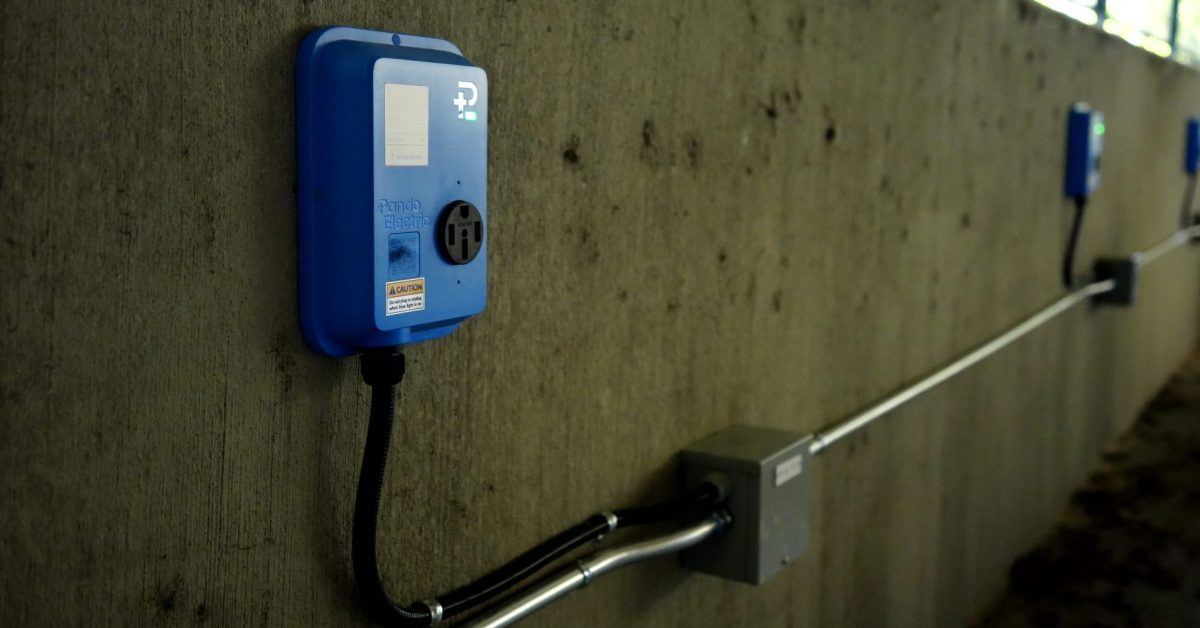- cross-posted to:
- [email protected]
- [email protected]
- cross-posted to:
- [email protected]
- [email protected]
Summary
Starting in 2026, California will require all new residential units with parking spaces to be EV charger-ready, significantly increasing access to electric vehicle charging.
Multi-family developments must equip at least one EV-ready spot per unit, while hotels, commercial lots, and parking renovations will also face new EV charging mandates.
Advocacy groups praise the policy, emphasizing its balanced approach to affordability and infrastructure needs.
The initiative aligns with California’s 2035 ban on new gas-powered car sales, aiming to address key barriers to EV adoption and support the state’s transition to electrification.



In theory chargers being more readily available will help with this. If they mark up the electricity 10x and all the tenants just charge at work instead, there’s a motive to make the price more competitive. In practice we might just end up with more AI price fixing and consumers with no recourse.
Ironically, the chargers at my office ALSO charge a big markup.
Competition is good, but landlords at offices and apartment buildings have a somewhat captive customer base who will often pay exorbitant prices for convenience.
Renters are not that captive of customers. Once it becomes a common amenity, renters will start considering it as part of the rent when deciding where to live. Just like they do with utilities, garbage collection, and other amenities that landlords can charge for outside of base rent.